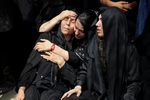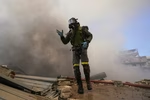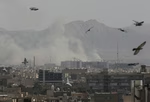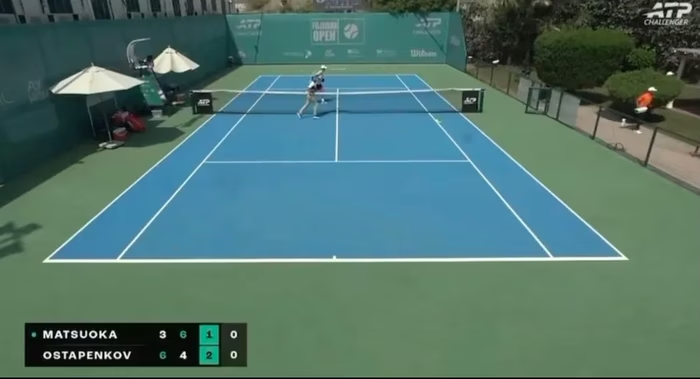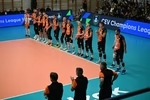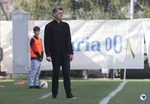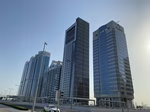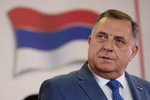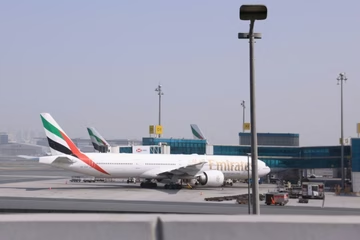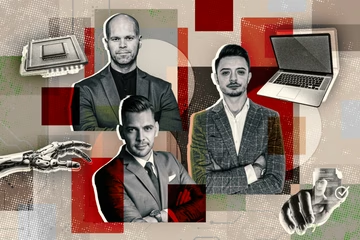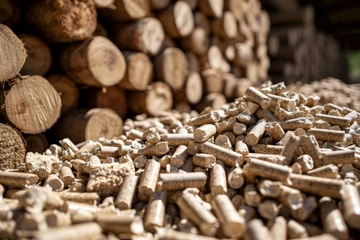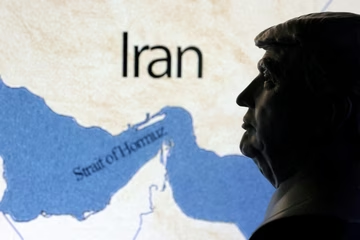
Journalists’ Associations and politicians congratulated May 3, World Press Freedom Day, with statements pointing out the numerous recent attacks on journalists in the country, but also the danger of emerging online web portals with a non-transparent ownership structure.
World Press Freedom Day is a chance to point out the increasingly difficult position journalists in Bosnia are facing, the Journalists Association of Bosnia and Herzegovina said.
“The number of attacks on media representatives throughout the past year has not only increased, but the attacks were also more brutal, including one murder attempt,” it said, referring to the attack on journalist Vladimir Kovacevic in 2018.
The Association pointed out several other attacks that took place throughout the past year, such as an attack on journalists from the state broadcaster BHRT in Konjic, the attack on photo-journalists of Al-Jazeera and Klix.ba, threats to journalists Adnan Jasarspahic and Darijo Bozic in Visoko, threats on social media targeting Dnevnik.ba journalist Glorija Lujanovic, the attack on a cameraman from 'Zurnal' in Sarajevo and many others.
It also pointed out the pressure on and allegations against journalists of BNTV in Republika Srpska (RS), the Serb-majority semi-autonomous entity within the country, by former RS President and now Chairman of the country’s tripartite Presidency, Milorad Dodik.
“The fact that law enforcement institutions react only mildly, and often not at all, to such attacks, warns that attacks on media representatives have become a socially acceptable norm,” the Association said, adding that those who attack journalists are often people who have political or social power. “Impunity for such attacks endangers democracy, more specifically, it creates pre-conditions for the uncontrolled rule of individuals and elites which do not have to answer to citizens who elect them regarding their actions.”
Bosnia ranking better in the last RSF World Press Freedom Index than most regional countries, even better than EU country Croatia, should not be seen as comforting, it said.
“That speaks more about the fact that there are enough of those in Bosnia who, despite all the problems and threats, still honourably do their work and manage to inform the public professionally and impartially,” it said.
Without media, many of the demands workers and those of socially vulnerable categories towards the government would have never been met, it said.
But the Association also pointed out the unclear situation in internet media, many of which are not even registered as media, saying “we don’t know who works there, what their salaries are.”
“Then there is the problem of small communities, where salaries (for journalists) are catastrophically low and their status is unresolved. The emergence of online media jeopardises traditional media, and we are not sure that many have an adequate response to that,” the statement said.
“Still, it is up to the media community to initiate this battle. Nobody besides us will help improve our status,” it added.
The Journalists Association of Republika Srpska also pointed out the necessity of regulating this issue, saying that web portals with unclear ownership “tarnish the reputation of the profession.”
The RS Association said it will advocate for putting such media “in the same position" as web portals with a transparent ownership structure, so they are subject to eventual fines, as are other media outlets.
The RS Association also said it will insist on economically strengthening journalists, training them and creating a safer environment for them to work, as well as on “neutralising the consequences of biased reports which international organisations, individuals and associations in Bosnia are sending out.”
Bosnia’s Ombudsmen, Nives Jukic, Ljubinko Mitrovic and Jasminka Dzumhur, also congratulated May 3 with a press release.
“We remind that the governments at all levels are obligated to take all measures which guarantee media freedom, but also security for journalists, and at the same time we express concern and condemn every incident which jeopardises the security and the dignity of journalists and media freedom in Bosnia and Herzegovina,” it said.
“Regarding this, the ombudsmen believe that there is a need to establish more efficient measures to prevent such unwanted events, which are contrary to domestic law and international standards which ensure security for journalists and media freedom,” it added.
The Ombudsmen pointed out the importance of the responsibility which journalists have towards the citizens and their obligation to respect media ethics which include respect towards the rights of all of those who are being reported on.
The Speaker of the RS parliament, Nedeljko Cubrilovic, pointed out that objective, independent and professional media is an unavoidable corrective factor in every society.
“Any form of endangering media freedom is unacceptable, just as any manipulations, tricking the public and abuse of media freedom is,” Cubrilovic said, adding that journalists must always aim for truth and objectivity as it is the best way to protect the reputation and honour of their profession.
The Prime Minister of the other semi-autonomous entity in Bosnia, the Federation (FBiH), also congratulated May 3, saying that the level of media freedom in a country also represents the level of democracy in it.
“I am convinced that no society and state can fight the battle against unlawfulness and injustice without you, nor can it promote positive humane and moral values, and I call upon you to help us in this, to point out our mistakes and to correct our decisions,” Fadil Novalic wrote in a letter to media organisations.
Kakvo je tvoje mišljenje o ovome?
Učestvuj u diskusiji ili pročitaj komentare





 Srbija
Srbija
 Hrvatska
Hrvatska
 Slovenija
Slovenija








